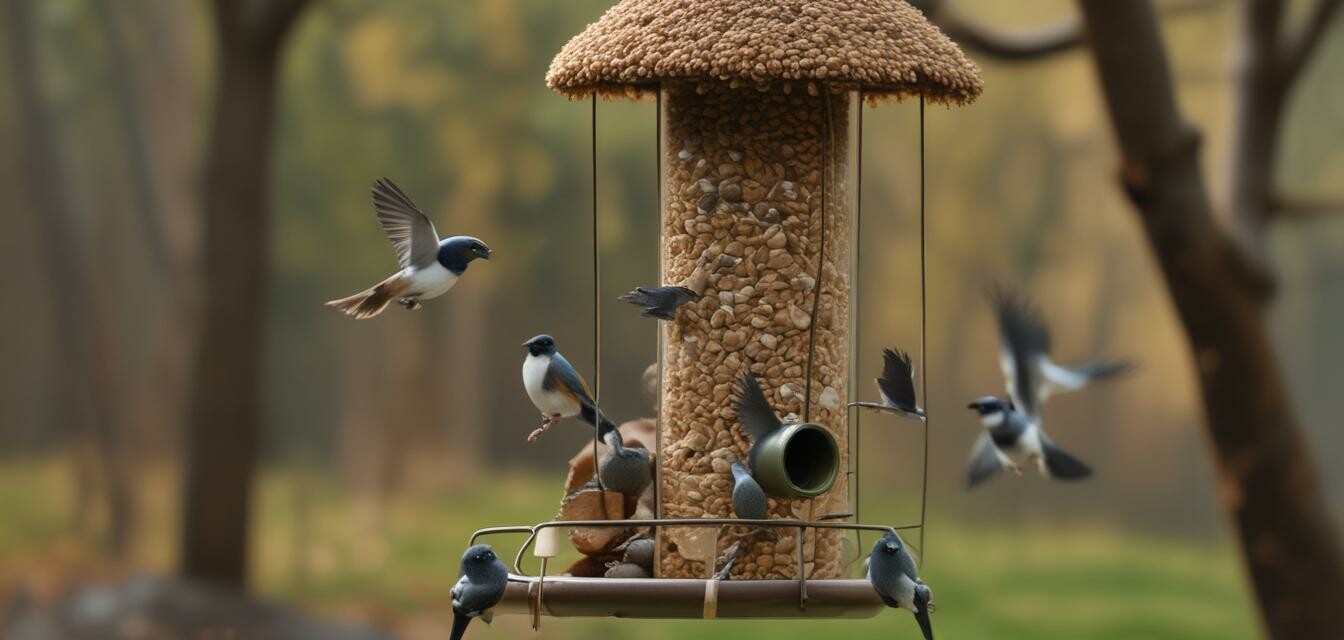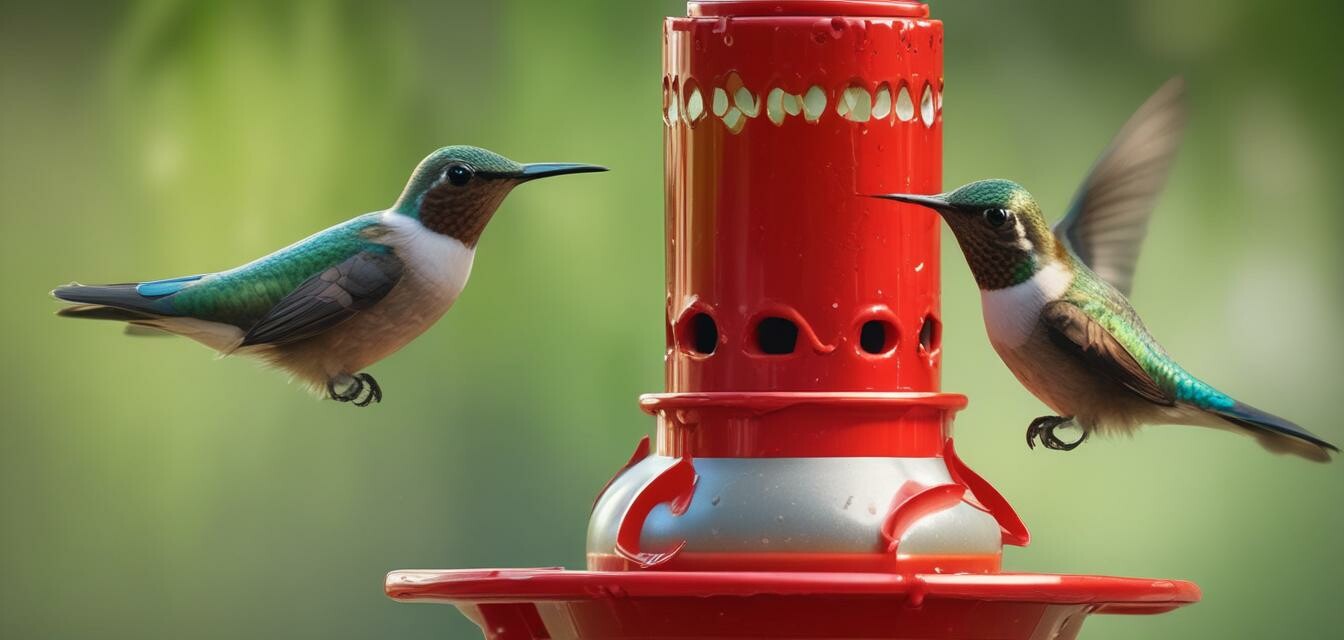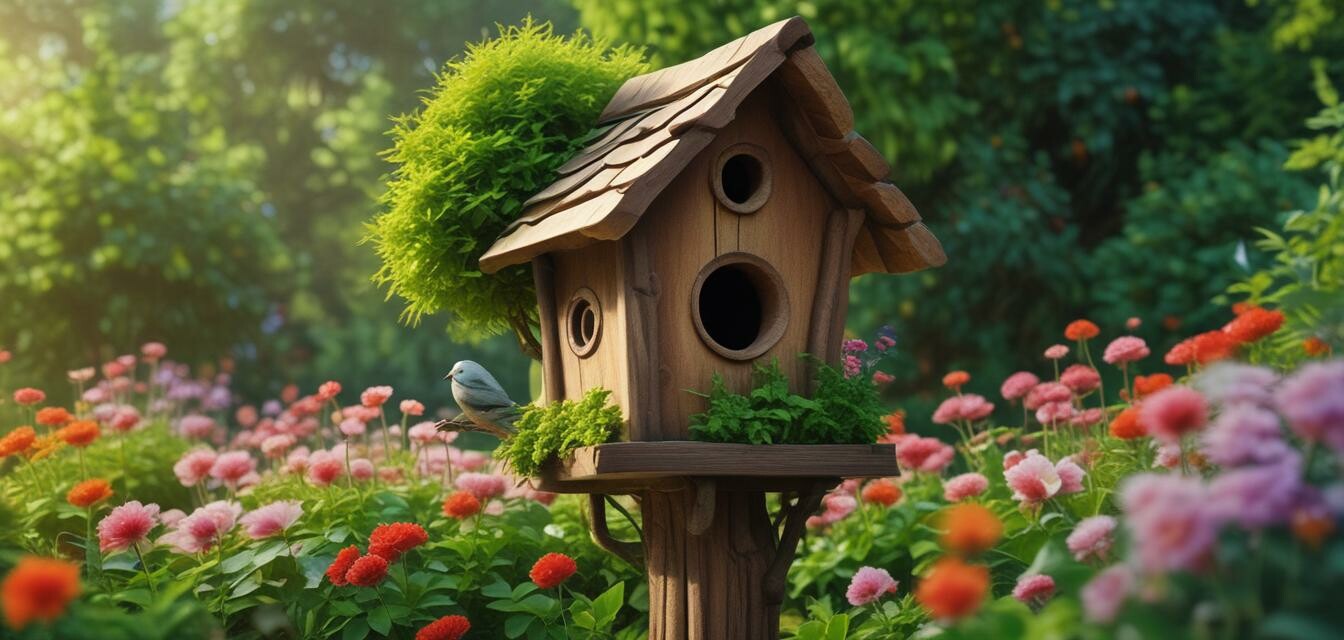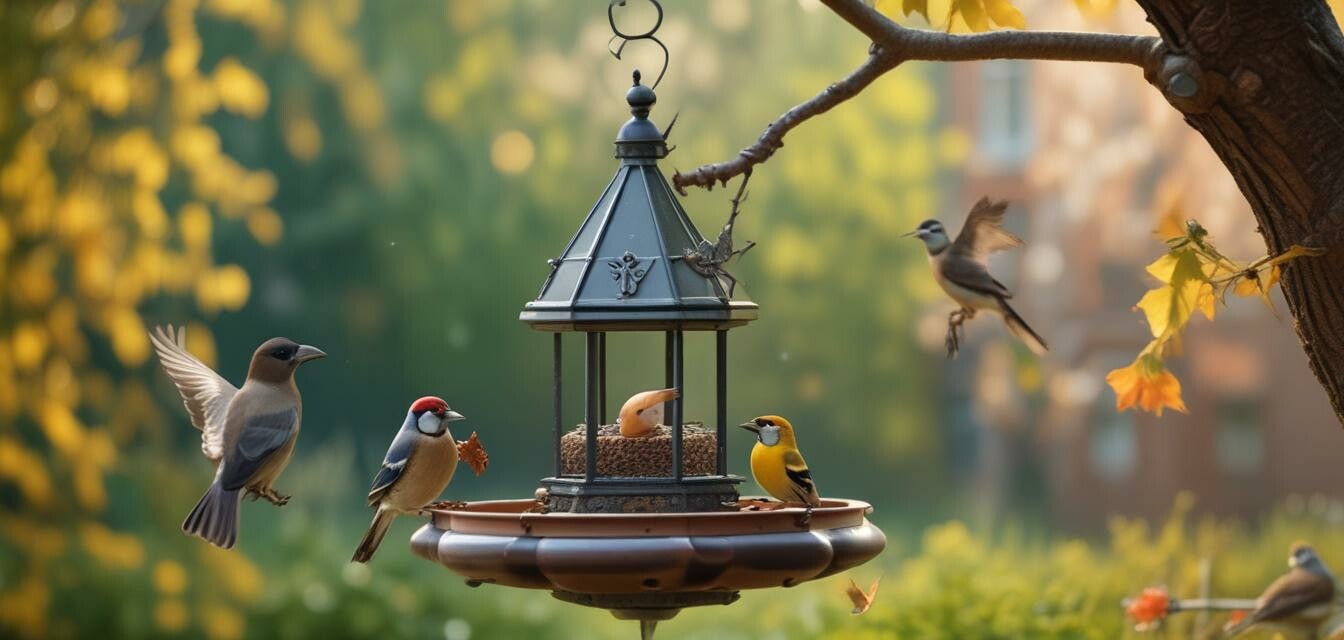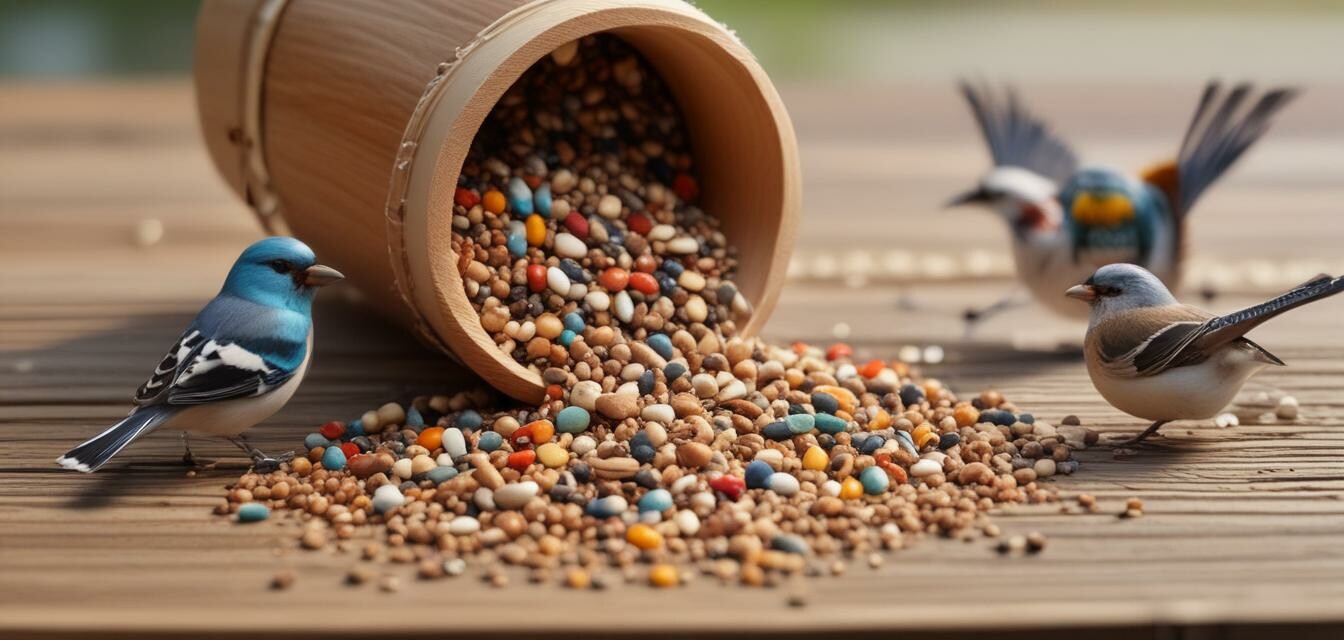
Bird Seed: A Comprehensive Guide to Nourishing Your Feathered Friends
Bird seed is an essential part of attracting and maintaining a healthy bird population in your garden. With so many types of bird seed available, it can be overwhelming to choose the right one. In this article, we'll delve into the world of bird seed, exploring the different types, their nutritional benefits, and how to select the perfect seed for your garden.
Key Takeaways
- Learn about the different types of bird seed, including black oil sunflower seeds, safflower seeds, and suet.
- Discover the nutritional benefits of bird seed, including protein, fat, and fiber content.
- Understand how to choose the right bird seed for your garden, based on the types of birds you want to attract and the season.
Types of Bird Seed
Bird seed comes in a variety of forms, each with its unique characteristics and benefits. Here are some of the most popular types of bird seed:
| Type of Bird Seed | Description | Nutritional Benefits |
|---|---|---|
| Black Oil Sunflower Seeds | High-energy seeds rich in oil, attracting cardinals, finches, and sparrows. | High in fat (40%), moderate in protein (15%), and low in fiber (10%). |
| Safflower Seeds | Mild-tasting seeds, less likely to attract squirrels and other mammals, ideal for finches and sparrows. | High in protein (20%), moderate in fat (10%), and low in fiber (5%). |
| Suet | High-energy seed cakes, often mixed with nuts and fruits, attracting woodpeckers and nuthatches. | High in fat (50%), moderate in protein (10%), and low in fiber (5%). |
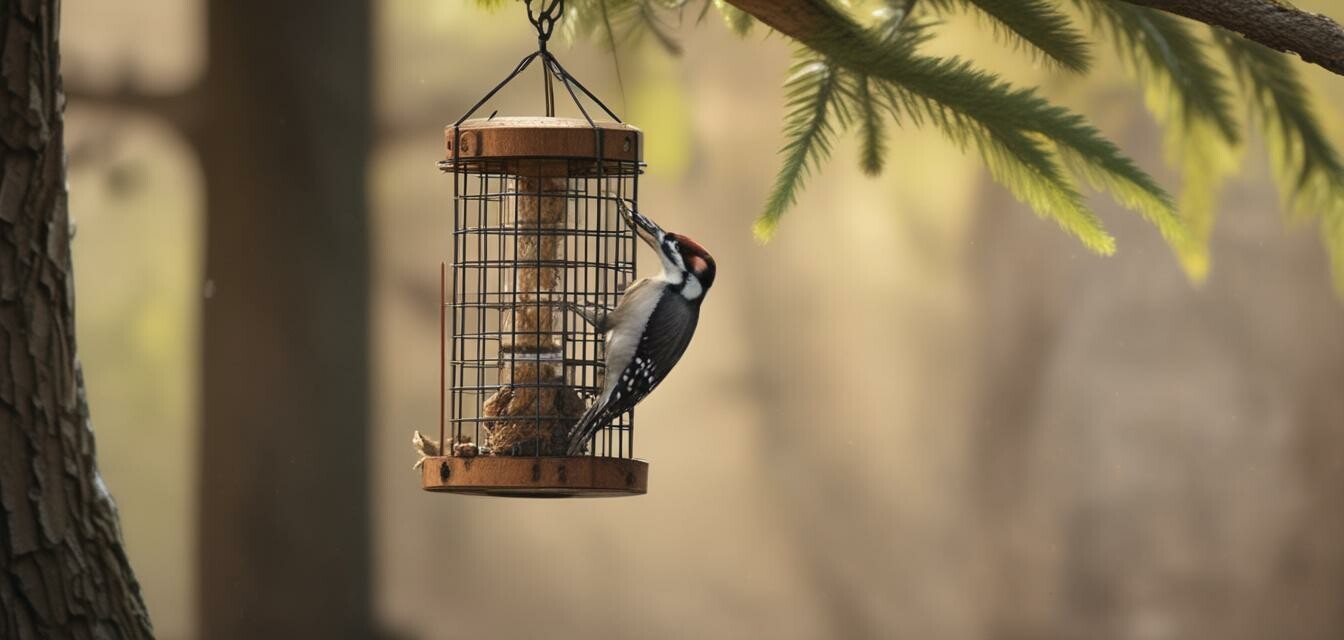
Nutritional Benefits of Bird Seed
Bird seed provides essential nutrients for birds, including protein, fat, and fiber. These nutrients are crucial for maintaining energy levels, supporting growth and development, and promoting overall health.
- Protein: essential for building and repairing tissues, including feathers, muscles, and organs.
- Fat: provides energy for birds, particularly during the winter months when natural food sources are scarce.
- Fiber: helps maintain a healthy digestive system and supports the growth of beneficial gut bacteria.
Choosing the Right Bird Seed for Your Garden
Selecting the right bird seed for your garden depends on the types of birds you want to attract and the season. Here are some tips to consider:
- Use bird feeders that are easy to clean and maintain to prevent mold and bacteria growth.
- Offer a mix of bird seeds to attract a variety of species.
- Consider the season: offer high-energy seeds like suet during the winter and more nutrient-rich seeds during the breeding season.
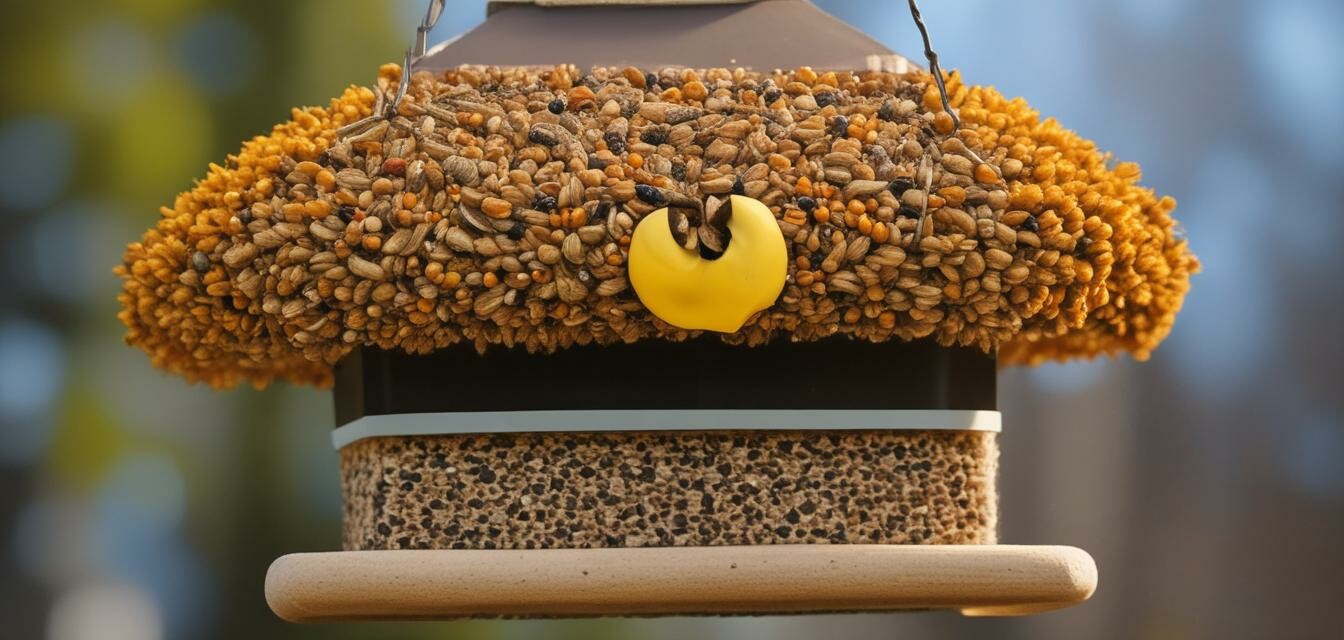
Tips for Beginners
Getting Started with Bird Seed
- Start with a basic bird seed mix and adjust based on the types of birds you attract.
- Keep your bird feeders clean and well-maintained to prevent mold and bacteria growth.
- Experiment with different types of bird seed to find what works best for your garden.
Pros of Bird Seed
- Attracts a variety of bird species to your garden.
- Provides essential nutrients for birds, supporting their overall health.
- Easy to offer and maintain, with a wide range of bird feeders available.
Cons of Bird Seed
- Can attract squirrels and other mammals, competing with birds for food.
- May require frequent refills, particularly during peak bird activity.
- Some bird seeds can be messy, creating litter on the ground and surrounding areas.
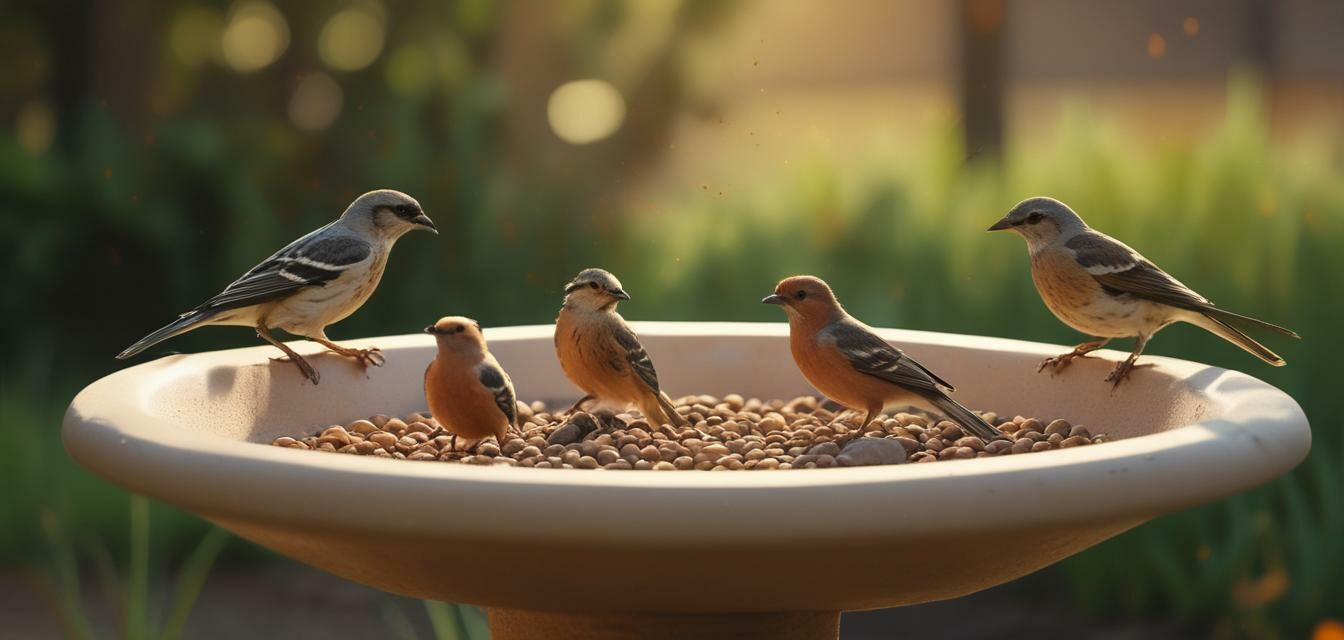
By understanding the different types of bird seed, their nutritional benefits, and how to choose the right seed for your garden, you can create a welcoming and nourishing environment for your feathered friends.
For more information on bird-related topics, check out our articles on bird baths, bird houses, and camera feeders.
